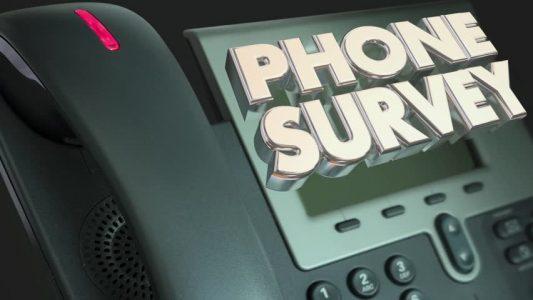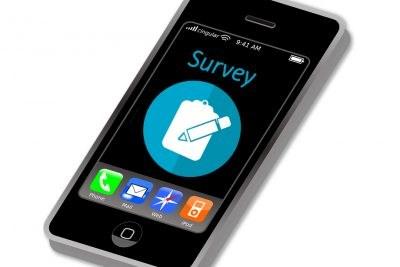The importance of understanding the advantages and disadvantages of a phone survey
When you need to conduct market research, one of your first crucial decisions will be which type of methodology to use. You can choose between web-based or face-to-face surveys, but traditional phone surveys are still quite beneficial as well. Consider all the advantages and disadvantages of a phone survey as you decide on your methodology.
A CATI survey just might be the right solution for your data collection. With the right software, such as surveys, you’ll have all the tools and support you need to gather effective and comprehensive research. With telephone surveys, you can conduct customer satisfaction surveys, market research, political polls, social research, and other types of surveys. Choose software that gives you great flexibility in licensing and not just functionalities as you don’t surely want to over-invest.

How to conduct a phone survey?
A telephone survey (CATI Computer Assisted Telephone Interviewing) involves phone agents that contact survey respondents by phone asking questions to collect information. The phone number is automatically displayed to the agents in the CATI interface and they can make calls using click-to-dial or automated or predictive dialing. The interviewer follows a script on the screen that includes an introduction to the survey, a questionnaire with different types of questions, and a conclusion.
Professional CATI software allows you to manage and set call dispositions, delays, quotas, and to schedule appointments with the respondents. The CATI platform automatically manages the database, the attempts, and appointments according to the settings decided by the administrator.

Advantages of phone-based interviewing
There are several reasons why researchers choose other survey methodologies. Here are just a few:
- Research can be gathered quickly because phone interviews are immediate and skilled interviewers can complete a lot of surveys in a day of work.
- Most people have telephones, so you have an ample audience for gathering a representative sample to complete the survey.
- A telephone interview has a personal touch, so it can lead to valuable brand-building benefits if the interviewer surveys in a professional and skilled way.
- Telephone interviews can be cost-effective as you can have a higher response rate than web surveys, for example.

Disadvantages of a phone survey
Despite these positive benefits, there are a few drawbacks to consider when using the telephone to conduct your questionnaire. In terms of the advantages and disadvantages of telephone interview surveys, here are some of the cons:
- Sometimes telephone calls are perceived as telemarketing and thus negatively received by potential respondents. This might influence your response rate.
- It can be challenging to design an effective phone survey because the questions need to be short and precise for easy comprehension.
- Timing must be carefully considered. The administrators and supervisors should monitor both the time of the call and the length of the actual interview.
